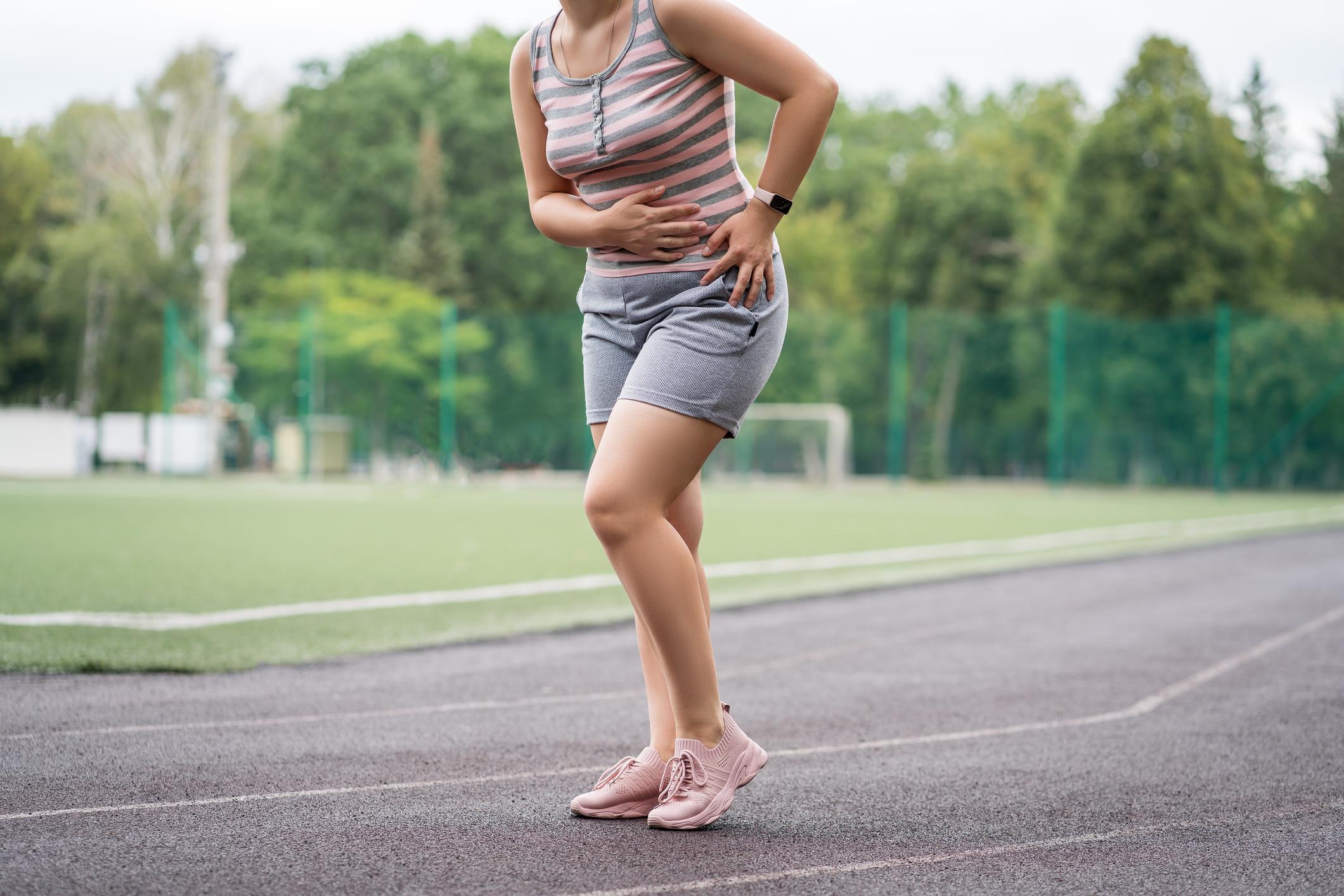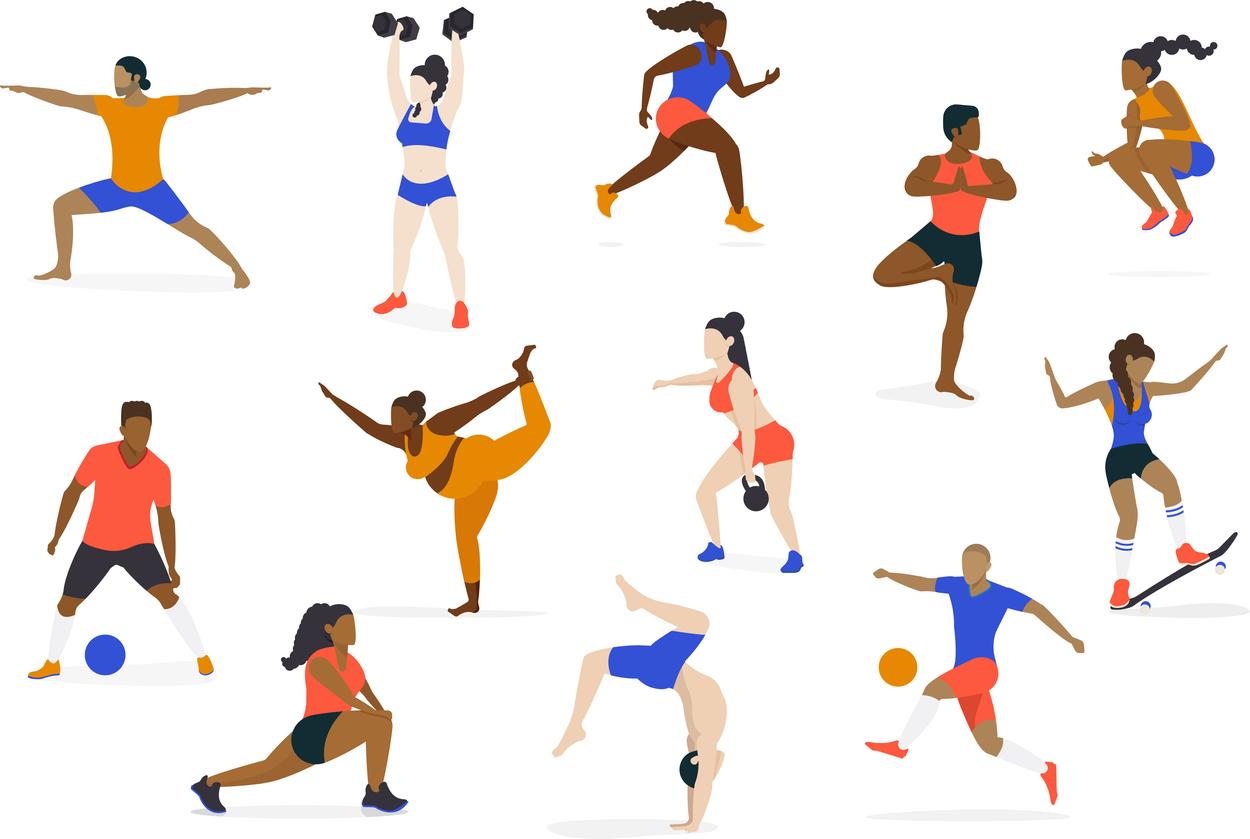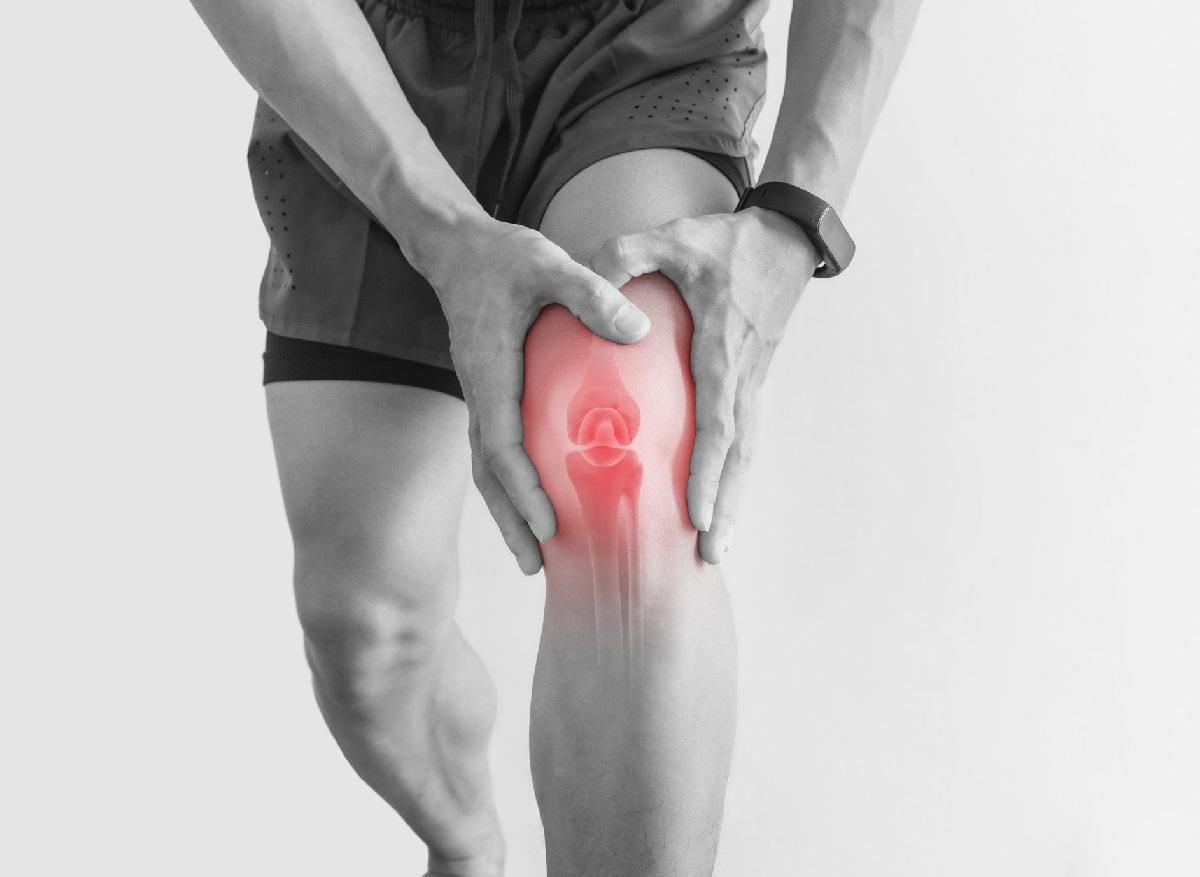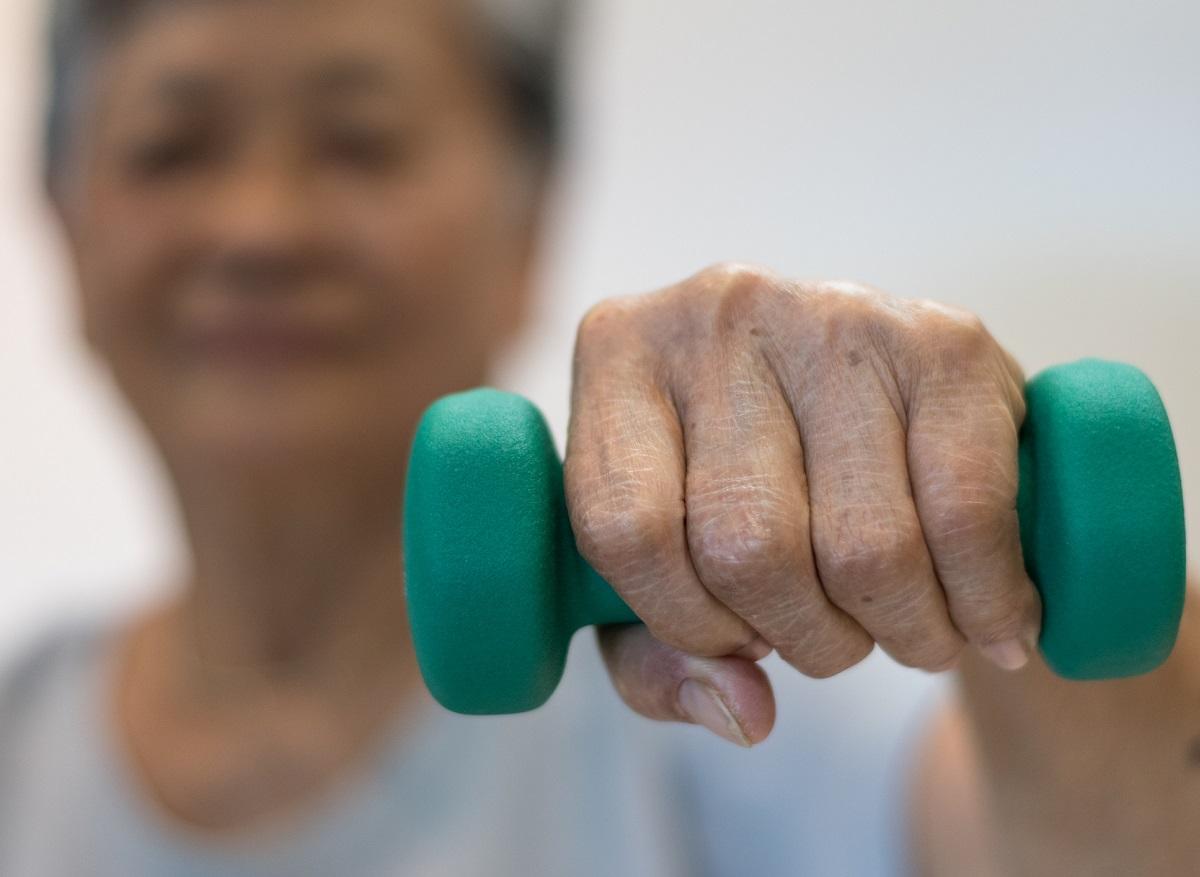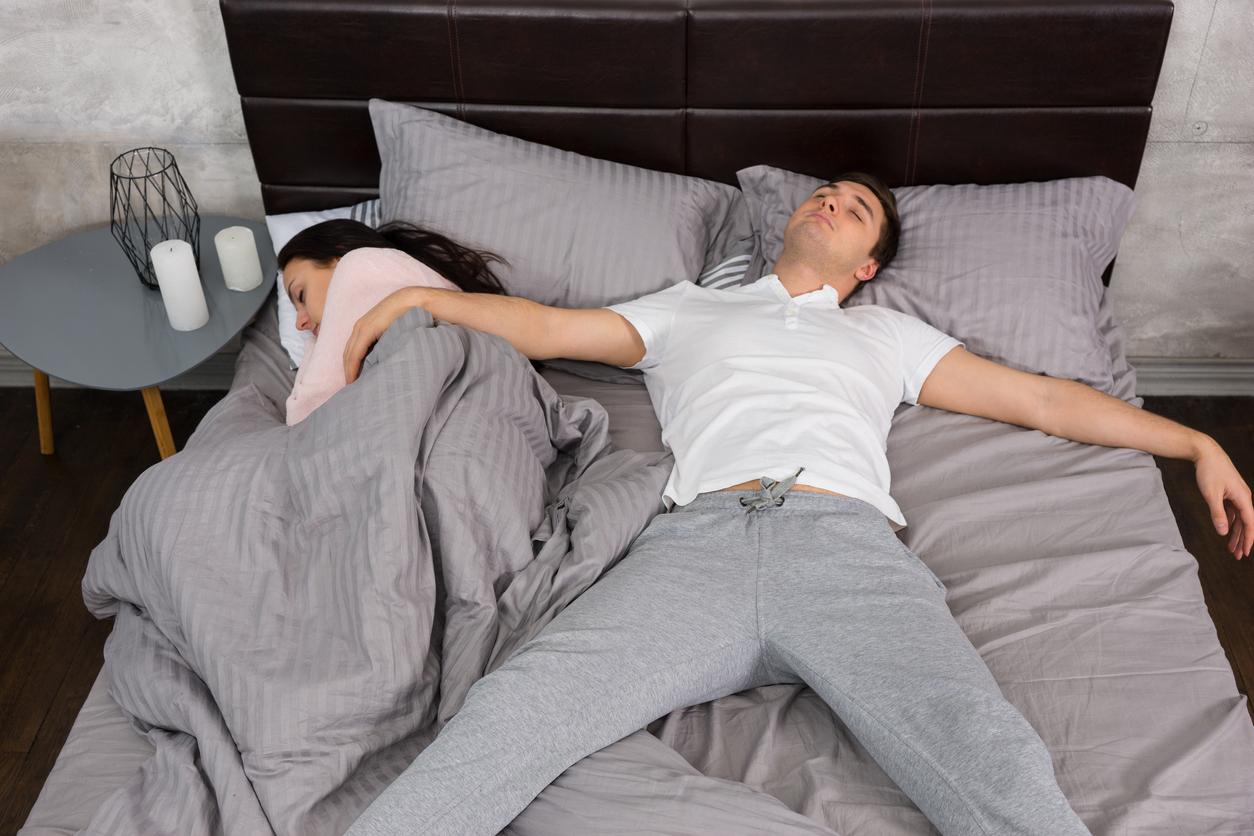Antihistamines are believed to block the expression of a large number of genes involved in the processes of physical recovery after sport.
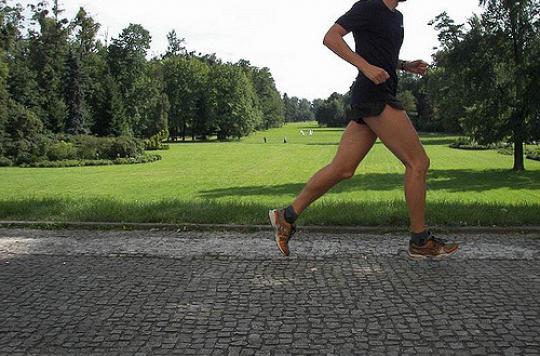
Marathon runners allergic to pollen may have more merit than others. If these treatments allow them to breathe well during their runs, they could also slow down their physical recovery. A team from the University of Oregon (United States) has just shown, through a study published in The Journal of Physiology, that some antihistamines block the expression of a large number of genes that activate after physical exertion to help the body recover.
The researchers carried out experiments on 10 men and 6 women, athletes aged 23 to 25, half of whom were taking a high dose of antihistamines. After one hour of flexing, their muscle recovery was monitored by biopsies three hours after the end of the effort.
795 blocked genes
After exercise, the activation of some 3,000 genes acts on the muscles and on the blood vessels to help them evacuate the traces of muscular stress associated with exertion. But in athletes taking antihistamines, 27% of these genes were blocked.
Normally, histamine reacts to pollen, mold, animal hair or other allergens. But in some people called allergic, this reaction is too intense and it is necessary to moderate it thanks to these drugs.
“Histamine is a substance that we think of negatively because it is most often associated with seasonal allergies. However, it contributes significantly to the body’s reaction after physical exercise, ”explains Steven Romero, researcher at Southwestern University (United States), and author of the study.
Researchers are wary of the real-life consequences, however, as physiological systems are often redundant and there may be another process taking over. The doses taken during the study were also about three times those usually prescribed. But if allergic marathon runners want to complain a little more about their body aches, now they have a good excuse.
.









